After the physical and mental rigours of conquering space and white water at Queenstown, you could not possibly find a quieter and more relaxed place on the planet than Kingston.
Kingston, 48km south of Queenstown, at the southern tip of Lake Wakatipu, was named after a country town in Ireland. The town was once a major transit link for the region’s gold fields, but completion of the lakeside road to Queenstown in 1936 turned the tiny town into a quiet backwater. At its peak in 1860, some 5,000 people were waiting there for boats to transport them to the Wakatipu goldfields.
During successive Ice Ages, the site of Kingston has been the scene of tumultuous geological activity. As the Dart Glacier retreated around 10,000 years, ago, during the last Ice Age, Lake Wakatipu formed behind the highest terminal moraine, shutting off the flow to the Mataura River. The vast heaps of moraine gravel had built up so much that the lake was forced to carve out a new passage to the sea, via the Kawarau Gorge and the Clutha River.
Lake Wakatipu is a deep glacier-carved lake that has a unique and mysterious rhythmic rise and fall in the water level. The variation is about 12cm every five minutes at Bob’s Cove, the best place to observe it. In Maori legend this is believed to be the beating of a monster’s heart in the depths (known as a taniwha). Scientists are still puzzled by the phenomenon but believe it may be linked to currents flowing through subterranean passages.
Lake Wakatipu is New Zealand’s third largest lake after Taupo and Te Anau. Its most famous cruise boat is the steamer Earnslaw, built in 1912, and still plying the lake from Queenstown up to Walter Peak Station.
Kingston’s premier attraction is the restored vintage steam train known as ‘The Kingston Flyer.’ This famous train operates from October to April carrying visitors on a memorable scenic journey to Fairlight and back. Twice daily departures connect with coaches from Queenstown. The locomotive spans 80 years of history, having been built in the New Zealand Railway Workshops in Christchurch and Dunedin.
Accommodation here is in a holiday camp, which has motel units, cabins, dorms and tent and caravan sites.

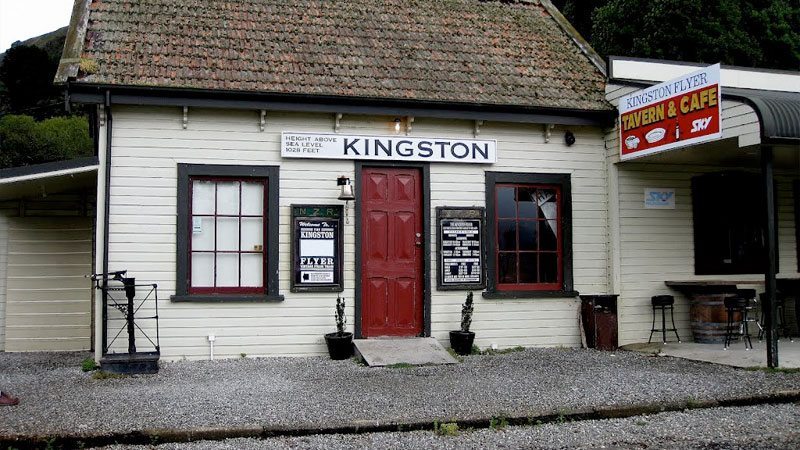
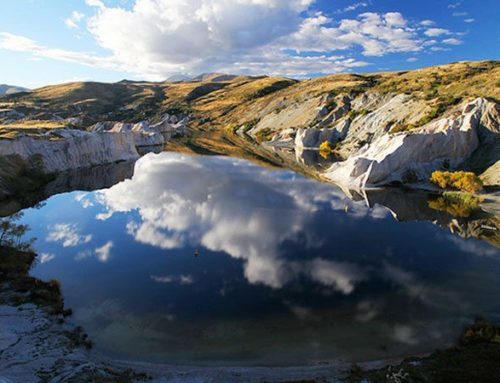
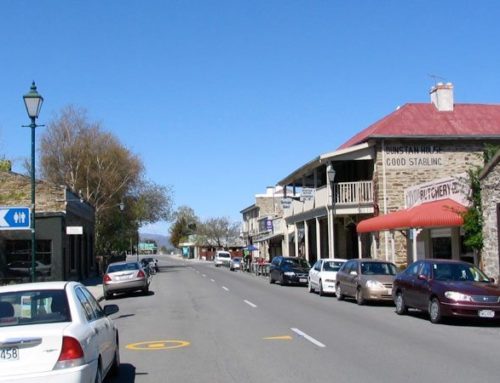
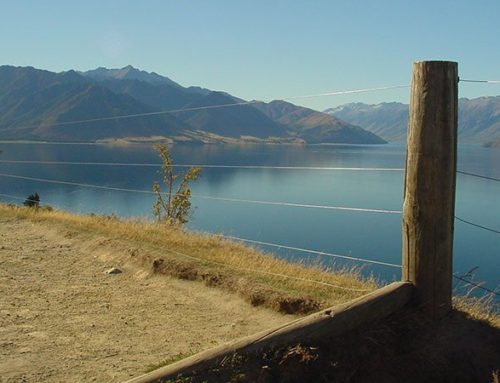
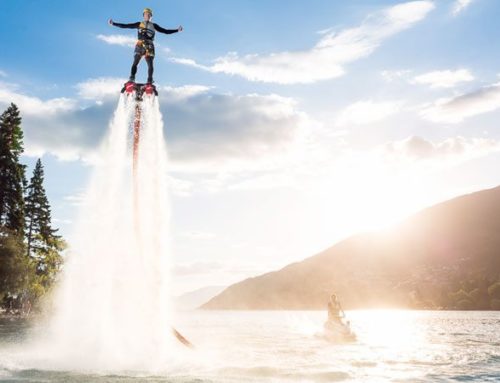
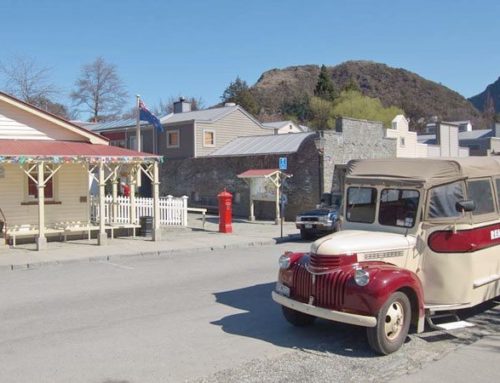
Leave A Comment